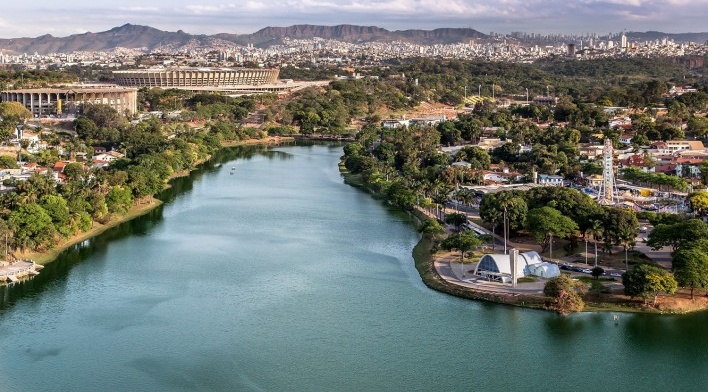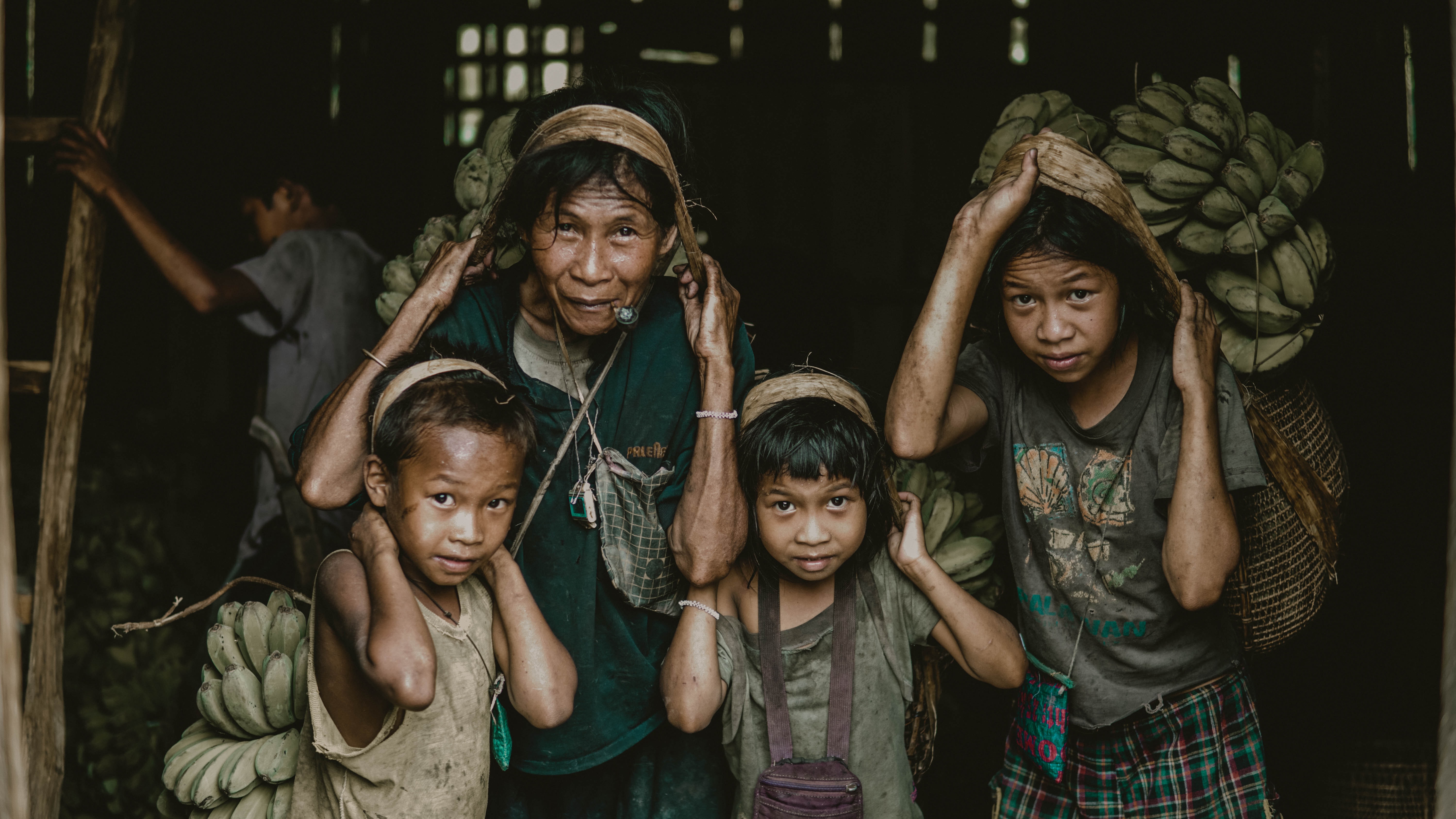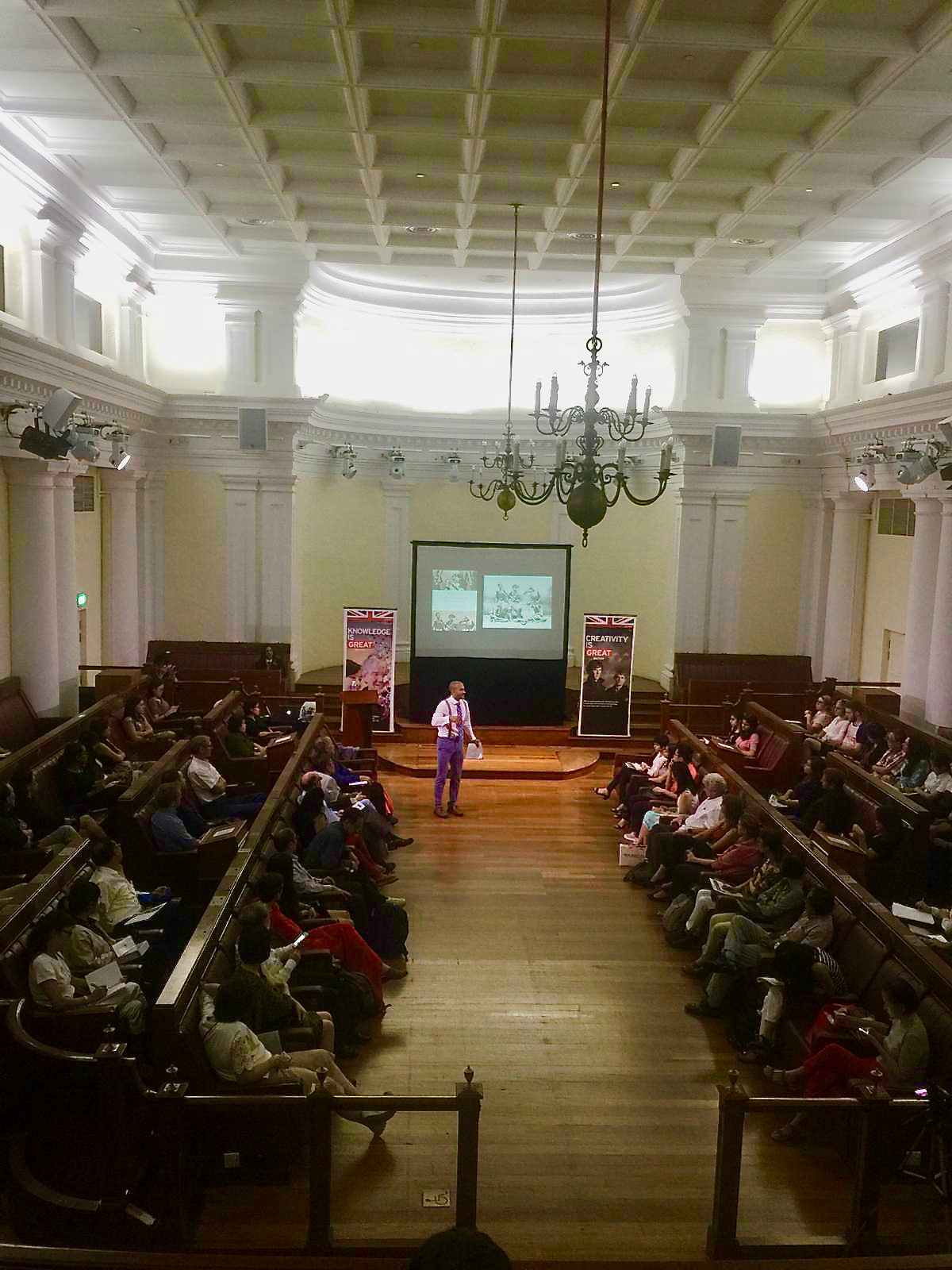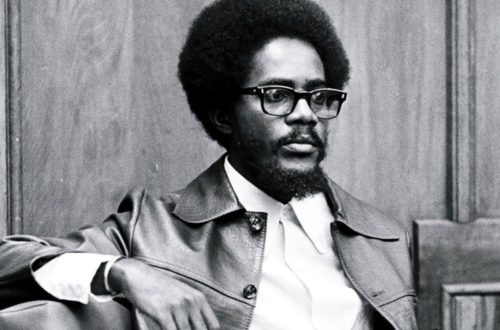
Re-Issuing the Invitation: Join us for a research workshop in Brazil
Queen’s University Belfast
in partnership with
PUC Minas Gerais
Supported by the ‘Newton Fund Researcher Links’ Programme
Is Poverty a By-Product or a Building Block of Prosperity? Trends in Economic Development from Brazil and the United Kingdom
21-24 August 2017
Belo Horizonte, Brazil
Deadline for Applications: 1 May 2017 (noon)
I. INVITATION
Peter Mandelson previously said that he was ‘intensely relaxed about people getting filthy rich’. While he has since developed some trepidation, the original sentiment continues to guide government policy in the UK and Brazil with ‘wealth creation’ bounding off politicians’ lips. While superficially commendable, wealth creation is code for wealth capture: the adoption of policies that liberate wealthy classes to capture an increasing share of public assets.
In the UK, council housing is forcibly sold, public services contracted out to private providers, and asset stripping treated as respectable enterprise. In Brazil, labour is systematically casualised, wealth inequality soars while fortunes – often hidden in plain sight – remain beyond the taxman’s reach, and the goalposts for retirement are stretched into the next century. While both nations continue to batter their social welfare systems, at least in Brazil, we observe a paradoxical advancement of social welfare and political rights, with particular emphasis on the opportunities for traditionally neglected groups.
Lost in the morass of celebratory rhetoric about wealth creation (or capture) is the quid pro quo. In the UK, the past decade has been marked by a steady rise in child poverty, insecure work, and household debt with vulnerable groups faring worse of all. Indeed, with Machiavellian irony, public ire is pointed toward other vulnerable groups and the few public services that remain. Nor does it end there: we also observe a repositioning of state welfare responsibilities. No longer a duty of the state toward everyone, welfare is now conditional upon appropriate behaviour: the state provides x insofar as the citizen does y. Interlaced with the supposed horrors of deficits and welfare dependence, a contractual relationship swaps need for merit, leaving the undeserving to fend for themselves.
In August 2017, a group of Brazilian and British scholars will hold a 4-day workshop in Belo Horizonte, Brazil to examine the role of wealth creation in exacerbating domestic and international poverty and the role of social welfare systems in refuting divisions. Our investigation will engage both welfare reform (in the UK and Brazil) and economic development (globally). The coordinators of the workshop hypothesise that disparities in income and in consumption are not by-products but building blocks of the contemporary economic order. To be blunt, for a few people to get filthy rich, many more must get filthy poor.
Dr Mohsen al Attar of Queen’s University Belfast, Professor Jose Luiz Quadros of PUC Minas Gerais, and Dr Henrique Weil of the University of Recife are coordinating the workshop. We have also enlisted the participation of Professors Sally Wheeler (QUB) and Toni Williams (Kent) on the British side and Professors Marinella Machado Araujo and Lucas de Alvarenga Gontijo (PUC Minas Gerais) on the Brazilian side.
The workshop will provide a unique opportunity to participate in four days of academic activities with a group of 26 ECRs and 4 senior experts (an equal mix of Brazilian and British scholars). In addition to engaging in academic debate on the topic during the workshop, you will join an evolving network of scholars who are building a mid-length research programme around these themes. Indeed, in the post-workshop period, you are required to produce a chapter for one of two anthologies (the English version will be published with Palgrave MacMillan and the Portuguese version with a yet-to-be confirmed university press). In addition, you will be asked to join a team grant application to be submitted to the ESRC.
Our workshop on welfare and development will produce concrete outputs of value for both jurisdictions and beyond. Moreover, we expect participants to leave the workshop capable and eager to build domestic and international partnerships as well as equipped to pursue additional funding opportunities.
We look forward to seeing you in Belo Horizonte.
II. APPLICATIONS
Applications are invited from early career researchers (post-doctoral and above) and late-doctoral students working in cognate areas, to attend the Workshop.
Please download and complete the application form.
Economy class airfares, visa charges, and local travel and living expenses at the Workshop will be covered for successful candidates.
Applications will be assessed against the open criteria of relevance, research record, and the potential for collaborative and innovative research.
Applications should be submitted no later than 1 May 2017 (noon) to:
Dr Mohsen al Attar: m.alattar@qub.ac.uk
Dr Henrique Weil: henrique_weil@yahoo.com.br




